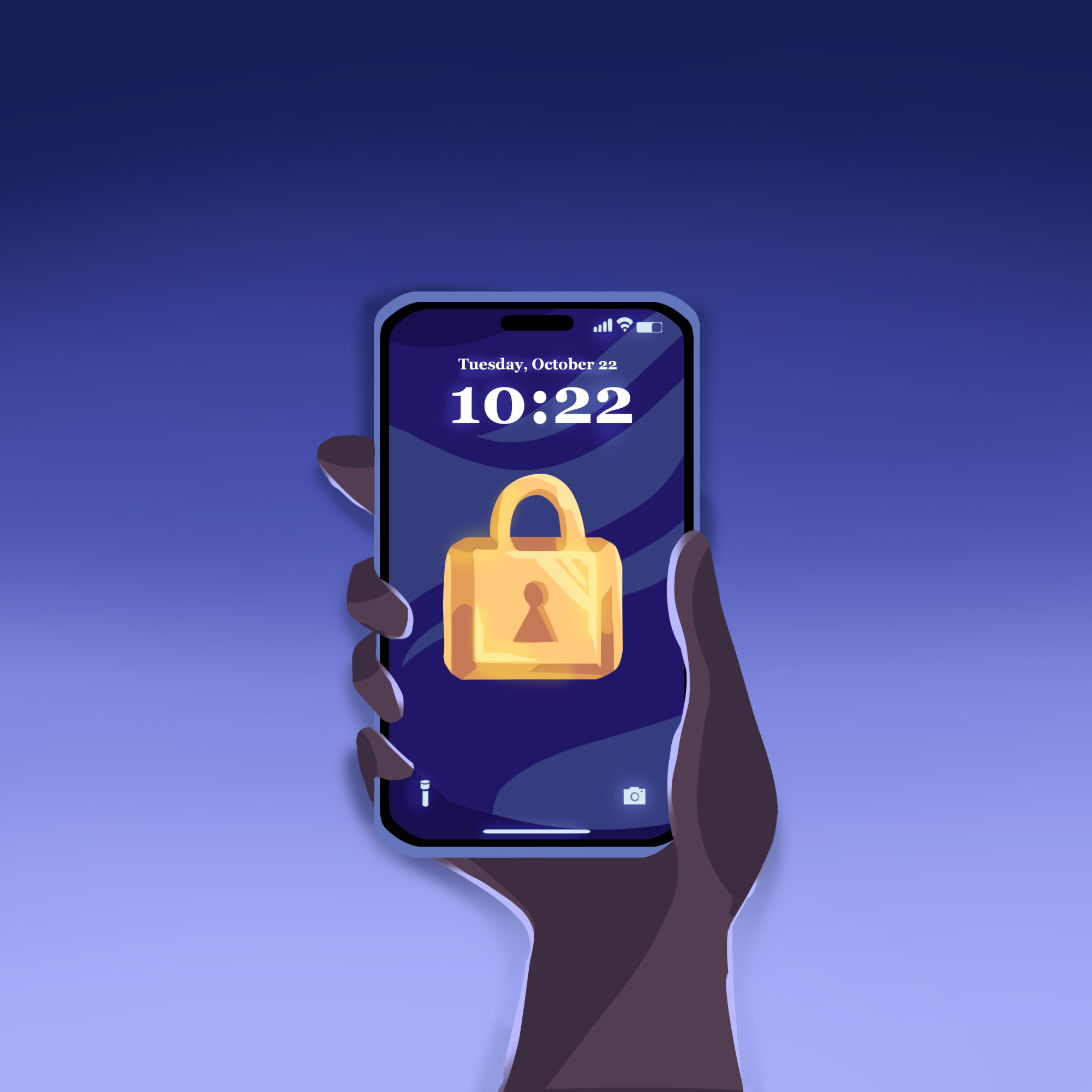Assembly Bill 3216, also known as the Phone-Free School Act, will require California school districts to adopt a policy restricting or prohibiting student cell phone use at school by July 1, 2026.
Signed by Gov. Gavin Newsom in September, supporters say the bill will increase academic performance, address mental health issues caused by cell phones and promote socialization among students..
However, the bill states students must be allowed to access their phone when there’s an emergency, when allowed by school staff, when required by a doctor or when mandated in the student’s individualized education program.
Junior Amily Zhang said she doesn’t believe restricting phone use will help her focus more on her studies.
“There’s just as many distracting things on my laptop as there are on my phone, and so I don’t think restricting phone use will actually increase my productivity,” Zhang said. “Having my phone here to help me with studying, looking at transcripts for journalism, looking at calculators for math and also texting my friends for help when I need it — that’s helping me more than it’s hurting me.”
But Physics and Advanced Authentic Research teacher Michael Lupoli said limits on phones during the school day are necessary.
“If students just have their phones on them, and they’re not being supervised, they’re very likely to be distracted by other apps, so I think it’s a difficult situation.” Lupoli said. “The ideal would be to not use the student’s phone but find some other way for students to access modern technology in the classroom for the sake of academics.”
And Lupoli said one advantage of this bill is that it will likely limit the communication between students on social media during class.
“I know that there were times in the past when a student might be anxious that they were not contributing or participating in social media with their peers at the same time, and then they felt left out as a result because they couldn’t use their phone during class,” Lupoli said.
In a message to the community in September, superintendent Don Austin said the district is taking their time to allow for thoughtful discussions.
“Personally, I think we should take our time and increase the odds of us getting this one as ‘right’ as we can,” Austin said in the message.
In an interview with Anthro Magazine, principal Brent Kline also said he may form an ad hoc committee to craft a policy that meets the needs of the students.
“I want to involve as many different kinds of people,” Kline said in the interview. “We have till 2026, so we have a good couple years. The Principal Advisory Committee is already going, so I could use those students as a sounding board, but I think that we’ll probably gather an official team together just so we can get more.”
Lupoli said he thinks the most effective phone policy would be a school-wide ban on cell phones during class time, consistent across all classes.
“There isn’t the challenge of learning different rules for different teachers,” Lupoli said. “There also isn’t the accidental, ‘Oh, I forgot the policy was different in this class’ excuse. I think it would help students get used to a new normal in the classroom and be able to focus more on their academics while in class.”
English and CTE teacher Erin Angell said she also thinks the bill is a step in the right direction.
“The data regarding the impact of social media on young people’s health is pretty robust,” Angell said. “They have compelling information, and so I think any kinds of ways that we’re limiting, especially during school hours, students diverting attention, that can be really helpful.”
But because most teachers already have a phone policy in their class and she regularly uses her phone for academic purposes, Zhang said she doesn’t think there is a need for the bill.
“I just think there’s no point at all because the benefits of the phone kind of are equal to the harms of the phone, so at the end of the day, it kind of balances out,” Zhang said.
For Lupoli, though, in addition to keeping consistency across classrooms, a school-wide ban would limit the pressure some teachers may feel to relax rules to gain student approval.
“Some teachers may say, ‘Oh, no, students can use phones in my room because I want my students to like me and not be upset about a policy,’” Lupoli said. “It takes a school-wide policy to take away that concern because some teachers who do have a cell phone policy have the concern that they will be labeled more strict or less fun than the teachers who let them have their cell phones. A school-wide policy would protect both teachers and students.”


